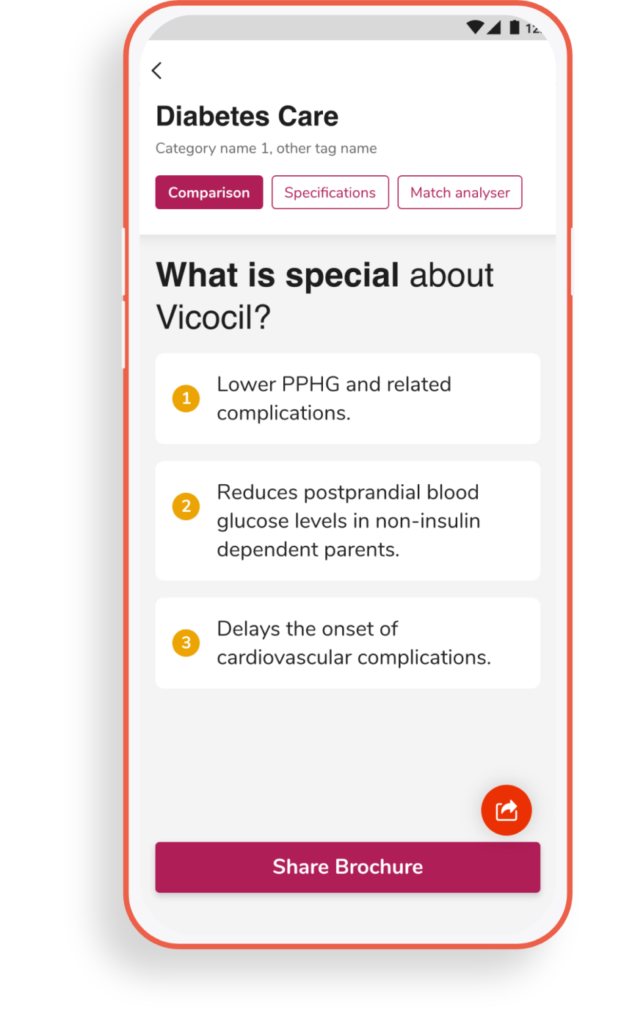Last week, I was in a meeting with the sales head of a major pharmaceutical company. As we were discussing sales training during the Covid pandemic, he showed me an internal company WhatsApp group, which included his distributed sales reps. He threw a challenge everyday to them, and the group members shared videos of themselves recording their pitch and approach as a response to this challenge. He was quite happy about the participation and the engagement. In spite of this, he had concerns. With the video-sharing on WhatsApp group, he did not know what his team was taking back from the exercise and there were no records.
This system has two major flaws. First, with a group chat, it becomes difficult to give individual feedback, maintain a record of the submissions or track discipline & improvement. It essentially becomes a one-way path where videos are dumped. Second, given that all reps see each other’s videos, they are exposed to both- good and bad pitches. Reps may create wrong benchmarks for themselves. Good reps, who are shy, may not post on the group at all.
The Challenges of Sales Training in the Post-Pandemic Era
Covid has brought massive changes in both – the ways in which sales reps operate and their training. Before the pandemic, reps were considered as a distribution pool who were expected to show up and make their presence felt to the HCPs. Executing this through a planned schedule to meet HCPs used to drive sales. Now, there has been a paradigm shift. Following the same plan month on month does not work anymore. Reps are now required to ‘think more’ and not ‘just execute’. Plans need to be modified every few weeks. On the training side, methods of training have changed. In addition to classroom training becoming difficult, trainers are now required to evolve and re-learn. What was taught earlier is no longer relevant on the field.
Traditional ways are no longer effective
Earlier, the standard tools for training were presentations and role-plays in the classroom. Some organizations used Learning Management Systems (LMS) which acted as a repository for training material. Trainers could also track completion of self-paced courses on the LMS. With the pandemic, there was a push to adopt web-based technologies like Zoom, Webex or MS Teams where participants were more conducive to learning. Some organizations have started engaging on tools like WhatsApp groups. Even though trainers have adopted these tools over the last year and half, there are challenges with these as well. It is not easy to be effective across multiple platforms.
To evaluate the efficacy of a training platform, three facets need to be considered – what is being taught, how it is being taught and where it is being taught. With organizations moving from classroom to LMS, the ‘where’ part of it changed. However, in the post-pandemic situation post the pandemic – ‘what’, ‘where’ and ‘how’ – all have changed. This has become a point of inflection where the training teams need to be on top of all the three, which becomes difficult without an effective Sales Readiness tool.
This is the reason why platforms like Khan Academy have gained huge traction recently. A lot of us have heard of Khan Academy but it is interesting to note how some US-based schools have leveraged their platform to invert the traditional learning methods. Schools subscribe to Khan Academy and teachers assign courses to the students on the platform. Traditionally, teachers taught in the class and practice was done at home (homework). With the new method, students are required to learn at home, at their own pace. They are free to watch content multiple times, if required. The practice happens in the classroom. Teachers help students patch gaps while applying what they have already learned. Here, teachers don’t teach the lesson, they are primarily involved in solving queries.
We see a shift of training management and modules to such methods, where the core learning happens with Sales Readiness tools. The trainer would come in to ensure that all gaps are filled.
How do Sales Readiness platforms help?
The complete Sales Readiness platform should help the organization reduce the ramp-up time for new sales hires. Here are some criteria I suggest for choosing a sales readiness platform in the post-pandemic era:

- Self-pacing: the most successful learning platforms offer a large-enough window for the learner to learn at their own pace, alongside self-assessment.
- Periodic assessment: the time for self-pacing cannot be infinite; it has to be accompanied by some kind of assessment/examination by training managers.
- On-demand mentoring: as not everything can be self-learned, the platform must enable conferencing with mentors, so that they can get help when stuck.
- Mobile-first: with most sales reps spending majority time on the field and having minimal access to desktops, the mobile-first approach of sales readiness helps
- Integration: having LMS, CRM, internal and external communications, presentation-making on different apps lower a sales rep’s readiness. The complete Sales Readiness solution should reduce sales reps’ time spent across multiple platforms and seamlessly integrate with other apps.
The biggest outcome of the pandemic is the inevitability of the digital revolution. There is simply no going back. There are huge gains to be made in integrating Sales Readiness tools with other aspects of sales in one mobile-phone based application. Indeed if an organization chooses or builds their Sales Readiness platform carefully, they arm their sales rep to be ready for anything and anybody at all times.

CRM makes the Medical Rep put in a lot of data into the system, but the Medical Rep does not receive any input in return.
This is where new tools like Sales Enablement and Sales Readiness make a difference by giving the Medical Reps real-time feedback and feedforward to improve their interactions with doctors. – Deep Bhandari
Arun Subramanian is a Co-founder & Head of Sales Enablement at Enparadigm. Arun and his team are building sharpsell.ai – a Sales Enablement and Learning platform that equips distributed field sales teams with ready-to-use product pitches, dynamic personalized content, and AI-powered coaching to help reps make compelling sales pitches and drive productivity.
